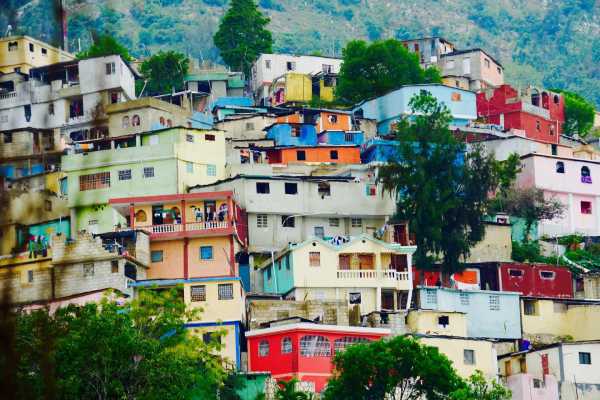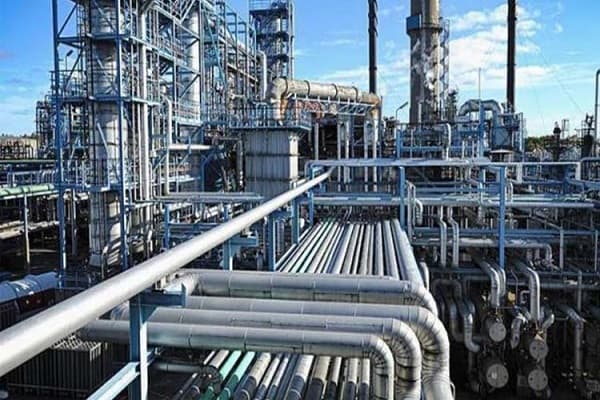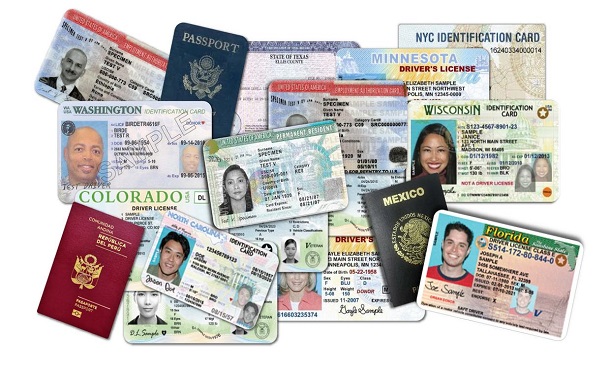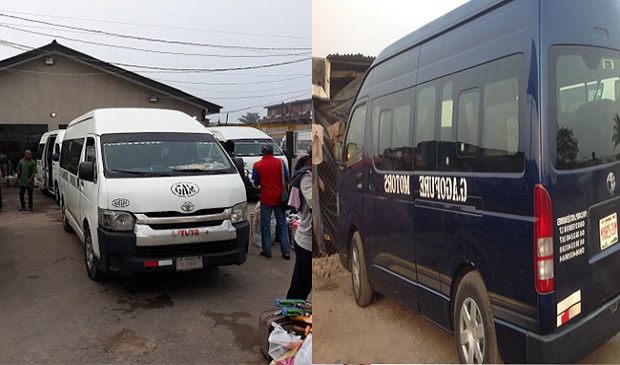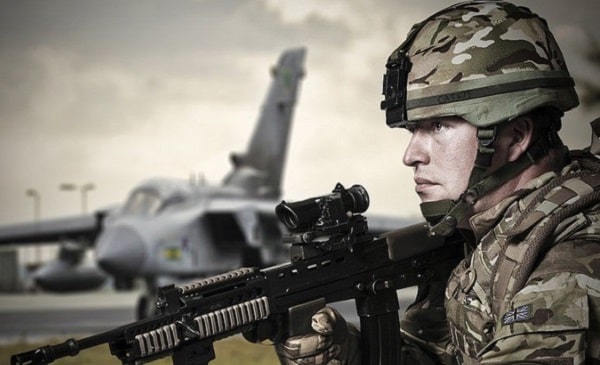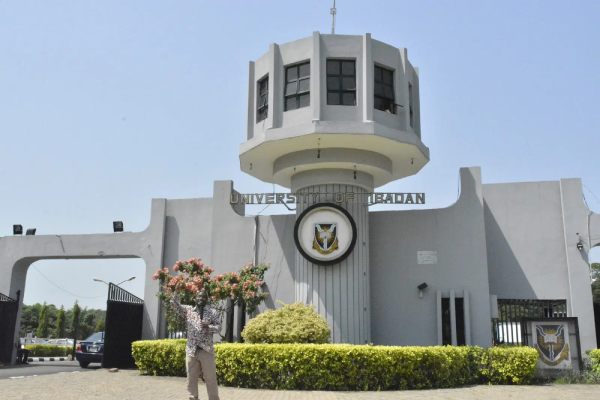What Is the WTO and What Is Its Role? [2024 Updated]
The World Trade Organization (WTO) is responsible for ensuring the rules governing world trade and 98% of world trade is represented by 164 countries, which together make up the World Trade Organization (WTO), which oversees the rules governing trade between countries.
Before we delve into everything you need to know about the WTO it is important that you know the history of the World Trade Organization.
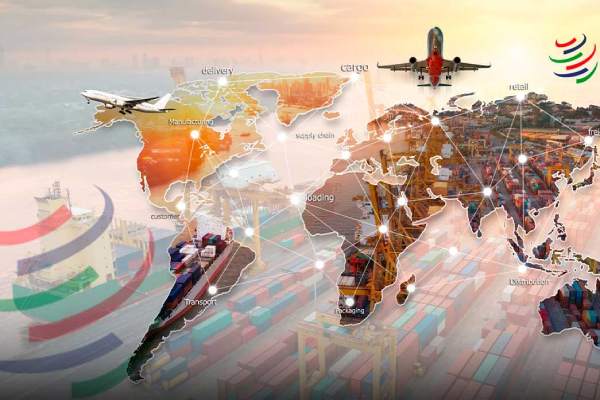
What is the World Trade Organization (WTO)
Founded in Geneva, Switzerland on January 1, 1995, the WTO was founded as a result of the Uruguay Round negotiations.
Prior to the negotiations and the very foundation of the organization, world trade was governed by the General Agreement on Tariffs and Trade, GATT for its acronym in English.
According to the history of the WTO itself, the GATT established a series of world trade rules from 1948 to 1994.
The first attempt to reform the system took place in the Tokyo Round (1973-1979). With the participation of 102 countries, the round achieved the reduction of customs duties in nine industrial markets around the world; Some of its failures were the lack of agreements that prevented trade in agricultural products and some measures against imports.
According to the WTO, “GATT was provisional in nature and limited in scope, but its success in promoting and achieving the liberalization of much of world trade over 47 years (was) incontrovertible.”
The Uruguay Round
In 1986, Punta del Este, Uruguay , hosted one of the GATT ministerial meetings.
During these negotiations, member countries agreed to “a negotiating agenda covering virtually all outstanding trade policy issues”; the trade system would impact the areas of services, intellectual property, agricultural products and textiles.
However, after a series of advances and setbacks in subsequent negotiations, the WTO saw the light of day and replaced the GATT, which remained one of the general treaties of the organization.
What is the role of the WTO?
Thus, the WTO was entrusted with the ” administration of the global system of trade rules ” and established itself as a forum for the discussion of disputes and agreements among its members.
The WTO pursues the objective of “ensuring that commercial exchanges are carried out in the most fluid, predictable and free way possible”.
In addition, the WTO is in charge of administering trade agreements, resolving differences between member countries, supervising trade policies, technical assistance to developing countries, and cooperation with other international organizations.
Regarding its structure, the highest authority within the organization is the Ministerial Conference; later is the General Council and below, is:
Merchandise Trade Council; of Trade in Services and the Council on trade-related aspects of intellectual property rights.
Regarding the administrative functions of the WTO, the General Directorate, headed by Dr. Ngozi Okonjo, is the office in charge of providing advice and supervision of the organization’s activities.
A Nigerian national, Ngozi Okonjo has a PhD in regional economics and development from the Massachusetts Institute of Technology (MIT); previously, she earned a bachelor’s degree in economics from Harvard University.
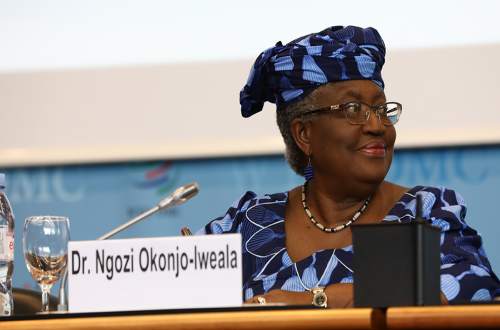
Source: WTO
Previously, she served as Nigeria’s finance minister from 2003 to 2006 and then in 2022.
In another stage, she was also part of the World Bank, serving as general director of operations.
In March 2021, she was elected by the WTO as its director general.
Read Also: Top 20 English-Speaking Countries In The World
What are the member countries of the WTO?
The WTO has 164 member countries.
- Afghanistan
- Albanian
- Germany
- Angola
- Old and bearded
- Saudi Arabia
- Argentina
- Armenia
- Australia
- Austria
- Bahrain
- Bangladesh
- Barbados
- Belgium
- Belize
- Benin
- Bolivian
- Botswana
- Brazil
- Brunei
- Bulgaria
- Burkina Faso
- Burundi
- Cape Verde
- Cambodia
- Cameroon
- Canada
- Chad
- Chili
- China
- Cyprus
- Colombia
- Congo
- Costa Rica
- Ivory Coast
- Croatia
- Cuba
- Denmark
- Djibouti
- Dominica
- Ecuador
- Egypt
- The Savior
- United Arab Emirates
- Slovenia
- Spain
- USA
- Estonia
- Swatini
- Russia
- Fiji
- Philippines
- Finland
- France
- Gabon
- Gambia
- Georgia
- Ghana
- Grenade
- Greece
- Guatemala
- Guinea
- Guinea-Bissau
- Guyana
- Haiti
- Honduras
- Hong Kong
- Hungary
- India
- Indonesia
- Ireland
- Iceland
- Solomon Islands
- Israel
- Italy
- Jamaica
- Japan
- Jordan
- Kazakhstan
- Kenya
- Kuwait
- Lesotho
- Latvia
- Liberia
- Liechtenstein
- Lithuania
- Luxembourg
- Macau
- North Macedonia
- Madagascar
- Malaysia
- Malawi
- Maldives
- Mali
- malt
- Morocco
- Mauricio
- Mauritania
- Mexico
- Moldova
- Mongolia
- Montenegro
- Mozambique
- Myanmar
- Namibia
- Nepal
- Nicaragua
- Niger
- Nigeria
- Norway
- New Zealand
- Oman
- Netherlands
- Pakistan
- Panama
- Papua New Guinea
- Paraguayan
- Peru
- Poland
- Portugal
- Qatar
- United Kingdom
- Central African Republic
- Czech Republic
- Korea
- Congo
- Lao
- Dominican Republic
- Slovakia
- Kyrgyz Republic
- Romania
- Rwanda
- Saint Kitts and Nevis
- Samoa
- St. Vincent and the Grenadines
- St. Lucia
- Senegal
- Seychelles
- Sierra Leone
- Singapore
- Sri Lanka
- South Africa
- Sweden
- Swiss
- suriname
- thailand
- chinese taipei
- Tanzania
- Tajikistan
- Togo
- Tonga
- Trinidad and Tobago
- Tunisia
- Turkiye
- Ukraine
- Uganda
- European Union
- Uruguay
- Vanuatu
- Venezuela
- Vietnam
- Yemen
- Zambia
- Zimbabwe


